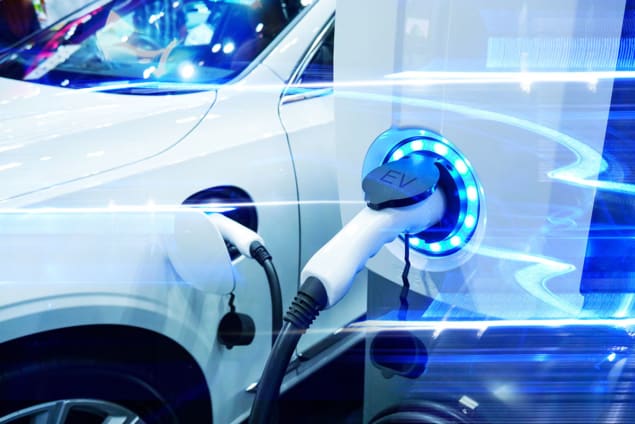
It’s easy to assume that we’ll all switch to electric vehicles once the technology is better but for many of us, recommendations from friends play a greater role in trying something new. By modelling the interactions between technological change and social learning, researchers reveal that for electric vehicles to become mainstream, both technological improvements and the influence of others are essential.
“For the electric vehicle, range and refuelling stations are barriers to market deployment but also the car is often associated with identity, which might be more difficult to overcome,” says Oreane Edelenbosch from the Politecnico di Milano in Italy.
The adoption of advanced transport technologies such as electric, fuel-cell and biofuel vehicles could reduce transport’s significant amounts of greenhouse gas emissions. If these new technologies are to compete with conventional vehicles, they’ll need improved performance and reduced production cost. But until now few climate change mitigation studies have considered the social barriers to adopting electric vehicles. How much do aesthetics, performance, attitude, lifestyle and social norms matter in persuading us?
To find out, Edelenbosch and colleagues developed a modelling framework that included both technological and social learning. The study considered four different social groups: early adopters who like to try new technologies and don’t mind taking a risk; early majority who represent the first popular wave; late majority who avoid risks and like to wait so they can check the experience of early adopters; and laggards, who tend to resist new technologies until they really have to use them.
The researchers considered 18 scenarios, including differing carbon tax regimes, subsidies targeted at consumer groups, and varying rates of decline in technology costs. The results show that technological and social learning can mutually reinforce each other.
“When people see other people using a technology they become more familiar with it,” says Edelenbosch, who published the findings in Environmental Research Letters (ERL). “At the same time, new electric vehicle models will come on the market which makes the technology more flexible for different types of uses.”
But the model shows that if social learning doesn’t occur, the technology is unlikely to spread beyond enthusiastic early adopters because the perceived risks remain too high for later adopters. Similarly, if technological learning doesn’t occur, electric vehicles remain too expensive for most people and only attract those willing to take a significant risk.
For policy makers the message is clear. Supporting the research and development of technologies is important, but this alone will not result in adoption. Behavioural change needs to be considered too, and can be encouraged with measures like financial incentives and information campaigns.
The adoption of new technologies could play a significant role in fighting climate change. Whether in solar photovoltaic panels, heat pumps or energy-efficient lighting, both technological improvements and social learning must work in tandem to ensure that even the laggards make the switch in the end.



